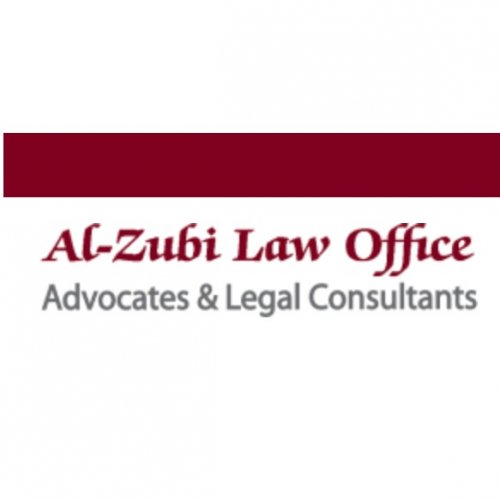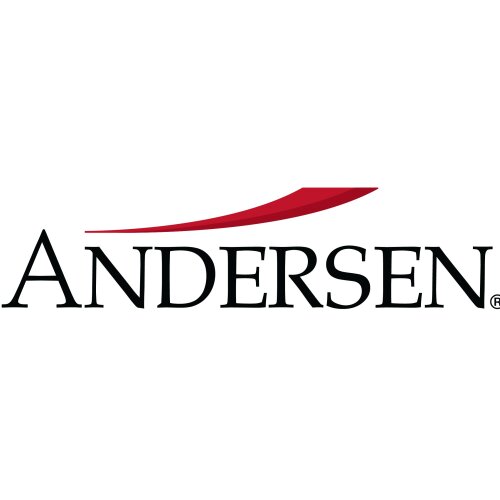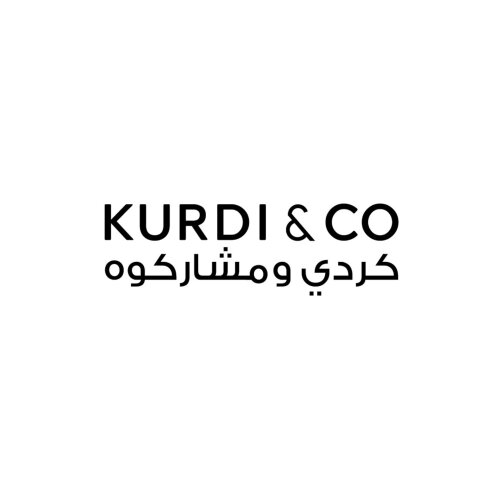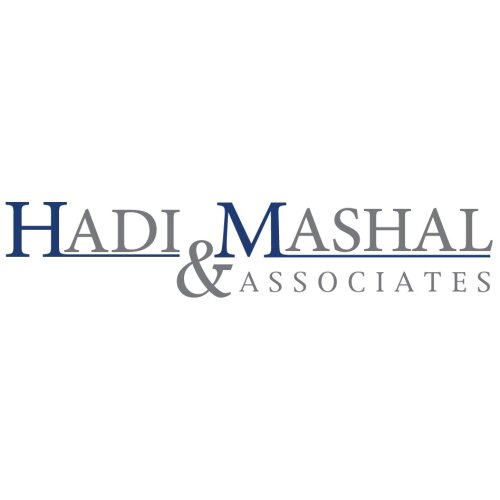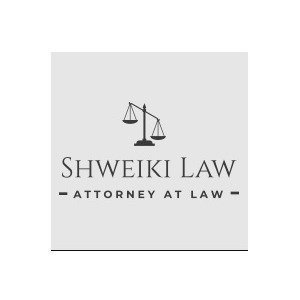Best Antitrust Litigation Lawyers in Palestine
Share your needs with us, get contacted by law firms.
Free. Takes 2 min.
Or refine your search by selecting a city:
List of the best lawyers in Palestine

Istikamah For Advocates And Legal Services - استقامة للمحاماة والخدمات القانونية
15 minutes Free ConsultationAbout Antitrust Litigation Law in Palestine
Antitrust litigation in Palestine refers to the legal proceedings involved when there is an alleged violation of competition laws. These laws are designed to promote fair competition, prevent monopolies, and protect consumers and businesses from unfair trade practices. The legal framework in Palestine strives to ensure that markets remain open and competitive, supporting economic development and safeguarding consumer interests. Due to evolving regulations and growing market activities, antitrust litigation has become increasing relevant for individuals and entities operating within the Palestinian territories.
Why You May Need a Lawyer
If you or your business is involved in activities where competition-related concerns arise, you may require an antitrust litigation lawyer’s expertise. Common situations include being accused of participating in anti-competitive agreements, such as price-fixing or market allocation. You may also need legal representation if you believe a competitor is engaging in unfairly dominant behaviors or abusing their position in the market to harm your business. Lawyers can help you understand your rights and obligations, prepare a defense or a claim, and represent you before local courts or regulatory authorities. Having a specialized attorney ensures compliance with the latest regulations and increases your chances of a favorable outcome.
Local Laws Overview
Palestine’s competition-related laws are outlined primarily in the Competition Law No. 15 of 2005, along with subsequent amendments and regulations. The law prohibits agreements and practices that limit competition, such as collusion, monopolization, and abuse of dominant market position. It also establishes mechanisms for investigating complaints and enforcing legal measures. Additionally, there are rules governing mergers and acquisitions to ensure that market power is not concentrated in a way that restricts fair competition. Regulatory bodies, including the Ministry of National Economy and its competition department, are empowered to oversee compliance and initiate investigations.
Frequently Asked Questions
What is considered an antitrust violation in Palestine?
Antitrust violations include activities like price-fixing, cartel formation, abuse of a dominant market position, and participating in exclusive distribution arrangements that unfairly hinder competition.
Who enforces antitrust laws in Palestine?
The primary enforcement body is the Competition Department within the Ministry of National Economy. Judicial courts may also become involved when disputes escalate to litigation.
Can individual consumers file an antitrust claim?
Yes, both consumers and businesses who believe they have been harmed by anti-competitive conduct can file complaints or legal claims under the existing competition law framework.
What are the penalties for violating antitrust laws?
Penalties can include substantial fines, orders to cease prohibited practices, and in some cases, criminal liability for those involved in serious violations.
How are mergers and acquisitions regulated?
Any proposed merger or acquisition that may significantly affect competition must be reported to and reviewed by the relevant authorities. Approvals or conditions may be imposed to ensure competitive market structures.
What defenses are available in antitrust litigation?
Defendants can argue lack of intent, absence of anti-competitive effects, or that their conduct was justified based on economic efficiency or public benefit criteria recognized by law.
Are there exemptions to antitrust laws?
Certain agreements or activities may be exempt if they contribute to economic or technical progress, provided they do not eliminate competition substantially. Exemptions must be officially granted and justified.
What is the typical process for an antitrust investigation?
Investigations usually start with a complaint or market study, followed by evidence gathering, interviews, and sometimes interim measures to prevent ongoing harm during proceedings.
How long does an antitrust lawsuit take?
The duration of litigation can vary widely depending on the complexity of the case, but it often involves several months to a few years for full resolution.
What should I do if accused of an antitrust violation?
You should seek legal advice immediately, cooperate with authorities as required by law, preserve all relevant documentation, and refrain from any further potentially infringing conduct until you have received professional guidance.
Additional Resources
If you need more information or wish to pursue a complaint, consider reaching out to:
- Ministry of National Economy’s Competition Department
- Palestinian Bar Association for qualified legal practitioners
- Consumer Protection Associations in Palestine
- Local chambers of commerce for business-specific guidance
These organizations can provide up-to-date information, referrals to experts, and support with filing complaints or navigating regulatory processes.
Next Steps
If you believe you have been affected by anti-competitive conduct or have received notice of a potential violation, act promptly. Gather all relevant information and documentation regarding your case. Consult a qualified lawyer with experience in antitrust litigation in Palestine to assess your options and prepare your legal strategy. Early legal engagement can help protect your interests and potentially resolve the matter before it escalates further.
Remember, competition law in Palestine is a specialized area. Professional legal guidance is essential to navigate complex issues, comply with regulatory requirements, and achieve a fair outcome.
Lawzana helps you find the best lawyers and law firms in Palestine through a curated and pre-screened list of qualified legal professionals. Our platform offers rankings and detailed profiles of attorneys and law firms, allowing you to compare based on practice areas, including Antitrust Litigation, experience, and client feedback.
Each profile includes a description of the firm's areas of practice, client reviews, team members and partners, year of establishment, spoken languages, office locations, contact information, social media presence, and any published articles or resources. Most firms on our platform speak English and are experienced in both local and international legal matters.
Get a quote from top-rated law firms in Palestine — quickly, securely, and without unnecessary hassle.
Disclaimer:
The information provided on this page is for general informational purposes only and does not constitute legal advice. While we strive to ensure the accuracy and relevance of the content, legal information may change over time, and interpretations of the law can vary. You should always consult with a qualified legal professional for advice specific to your situation.
We disclaim all liability for actions taken or not taken based on the content of this page. If you believe any information is incorrect or outdated, please contact us, and we will review and update it where appropriate.
Browse antitrust litigation law firms by city in Palestine
Refine your search by selecting a city.




